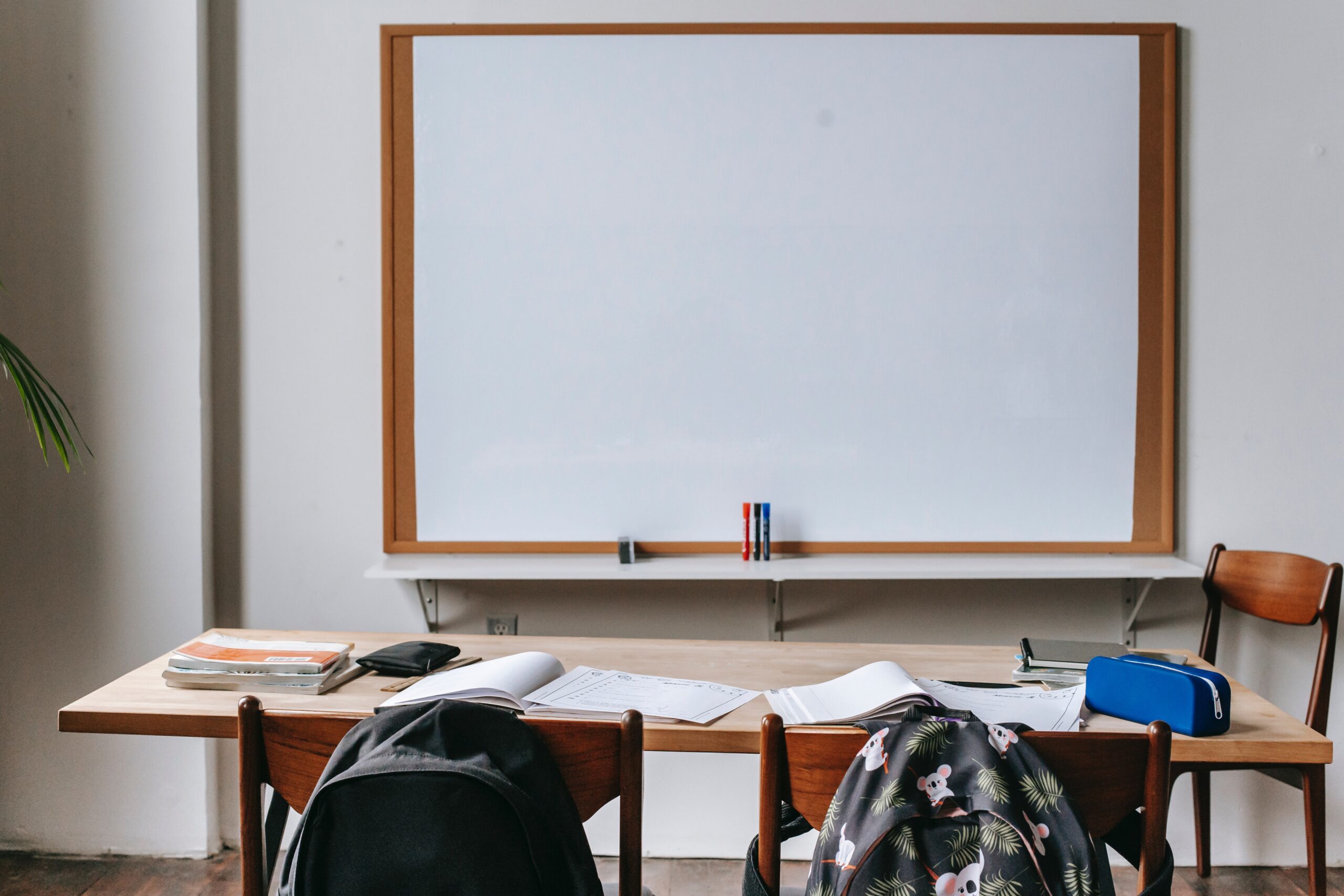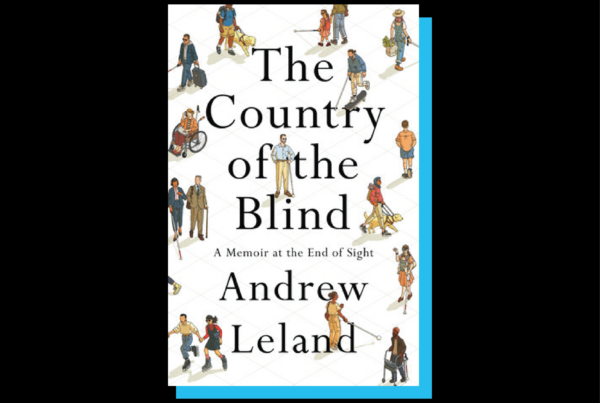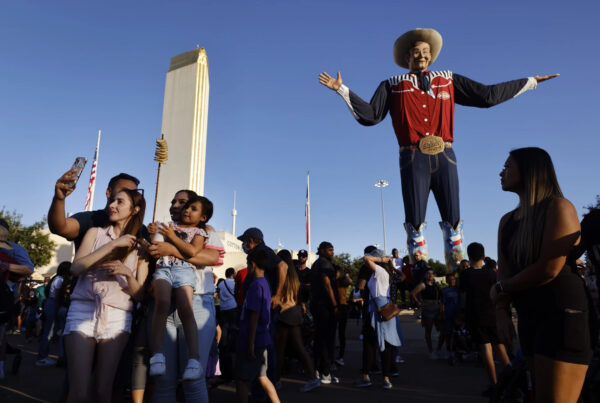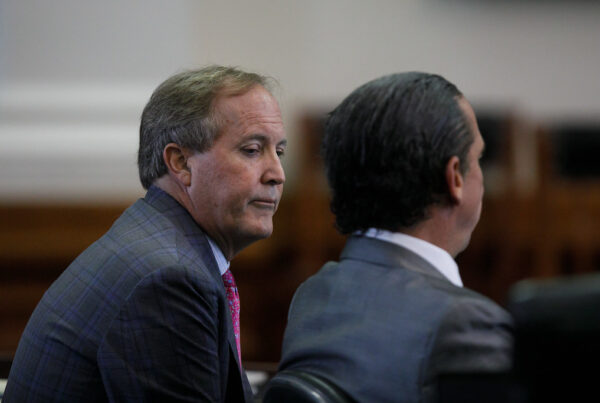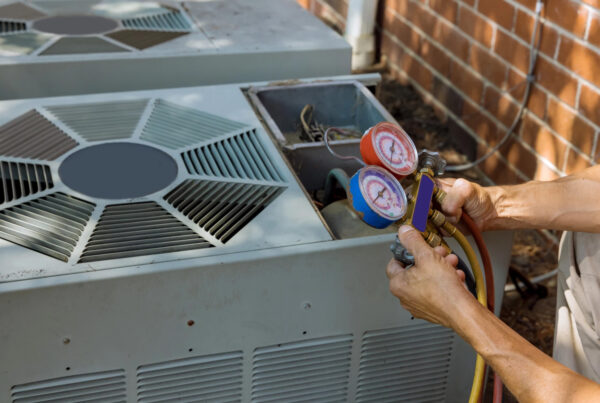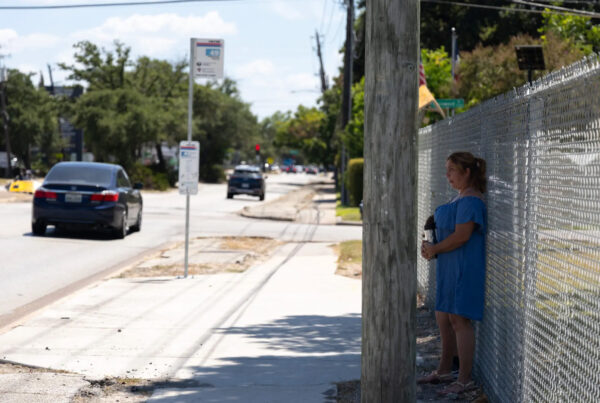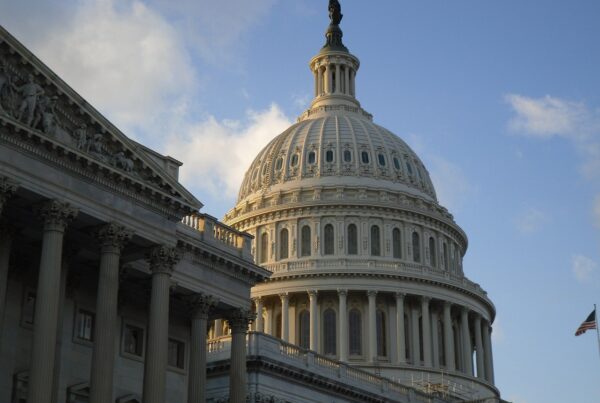Over the past couple of years, there’s been a shift in the way that many Texans school their kids, with more parents opting for homeschooling. The pandemic partially drove the trend: The Census bureau reported a nearly 8% increase in Texas homeschooling rates between May and October of 2020.
The rise in homeschooling is reflected nationwide, according to reporting from The Washington Post. They found an increasingly diverse population is choosing to pull their kids from the public school system for reasons that span the political spectrum – or lie completely outside it.
Laura Meckler is an education reporter for the Post who, along with her colleagues, spoke with parents about their motivations for homeschooling. She joined the Standard to talk about who is choosing to homeschool, and why.
This transcript has been edited lightly for clarity:
Texas Standard: The reporting you and your colleagues have done is based in part on a poll from The Washington Post and the Schar School of Policy and Government at George Mason University. What was the poll looking at, and what were some of the top findings?
Laura Meckler: So what we did was, through some really sophisticated polling methods, we were able to find a sample of homeschooling parents to look at and to say, you know, why are they homeschooling? What do we know about this group of people? And how has it changed since before the pandemic?
Well, for starters, we found just a much more diverse group. There used to be that this group was heavily tilted toward people interested in homeschooling for religious reasons. As recently as 2019, we had more than half of the people who are homeschooling saying that one of their motivations was religion, to teach their kids religion. And back in 2012, it was as many as 63%. But we found in our poll it was only about a third. So that number has fallen in terms of the number interested in doing it for religious reasons.
So why are people doing it? The reasons that we found ranged from fear of school shootings, nervousness or anxiety around bullying, general questions around the school environment. We saw some people talking about kids with disabilities and feeling like their school systems weren’t serving them well enough.
And we also saw politics playing a role. Now, most often it was conservatives upset because they thought the schools were overly influenced by liberals. There were, however, a good chunk of people, about 1 in 4, who are more liberal, and they’re worried that the schools are overly influenced by conservatives. So it did cut both ways.
» GET MORE NEWS FROM AROUND THE STATE: Sign up for Texas Standard’s weekly newsletters
Yeah. So I mean, there’s poll finding and then there’s reporting, which is what you do when you kind of add to the story, right. You put a face to some of these numbers. Who did you meet, and what did you discover in talking to some of these folks who’ve made the decision to homeschool recently?
I mean, my colleagues and I reached out to a lot of people. We talked to many, many people. Many of them are quoted in our story. And of course, there are some who aren’t in the story, but who also shaped our understanding of this.
We talked to people like Elisabeth Hotard. She’s from Folsom, Louisiana, and she, I think is classic in that she started homeschooling during the pandemic; never considered it before the pandemic. But then remote learning – you know, people were kind of homeschooling, so to speak, involuntarily at the start – it kind of went better than she thought. And she decided to keep her kids at home.
Now, she is religious. Her family attends a Baptist church, but that’s not why she’s doing it. She told us, we’re going to talk about the Bible; we’re going to talk about religion, but I don’t need that in your reading lesson. I don’t need it in your math lesson. And that’s really different from the sort of original homeschoolers, many of whom were really conservative – in some cases fundamentalist – Christians who were really doing this out of real religious ideological reasons.
You also report the way that many parents implement homeschooling is different these days, with some utilizing so-called micro schools, others taking sort of a hybrid approach. What do you think the future of homeschooling is going to look like?
Well, it’s the present and the future, I think, very much in that realm. In fact, a previous story in the same series on homeschooling we’re doing this year looked really closely at that. And there are a lot of ways that families are “outsourcing” homeschooling.
You know, we think of homeschooling as mom at the kitchen table with their kids. And of course, there’s some of that for sure, a lot of that. But there is a ton of these places where they even get dropped off sometimes all day long in these so-called micro schools where the parents are still responsible for the education, but they have a guide or somebody who works for the company and is overseeing what they’re doing – but they’re not a teacher. They may have no training in teaching whatsoever.
We also saw in this poll a fairly significant group of people who were mixing public school and homeschooling. So they might be sending their kids to a public school, say, for just a class or two, which is allowed in an increasing number of places. And we saw families where they had one kid at home being homeschooled and one kid in a traditional school. So we see families who are not necessarily saying, hey, we reject the public schools in total, but we think that is more like, well, we think this is what we want for this kid.
In Texas, we’re about to restart the conversation about school vouchers. So there is a growth in homeschooling, but is it to the extent where it’s becoming a threat to public schools, or not so much?
I mean, in the sense if we’re talking about following the money, I do think that it is an encroachment on the funding for public schools, because schools are funded based on how many kids are there. And to the extent that it’s rising, that does have an impact.


